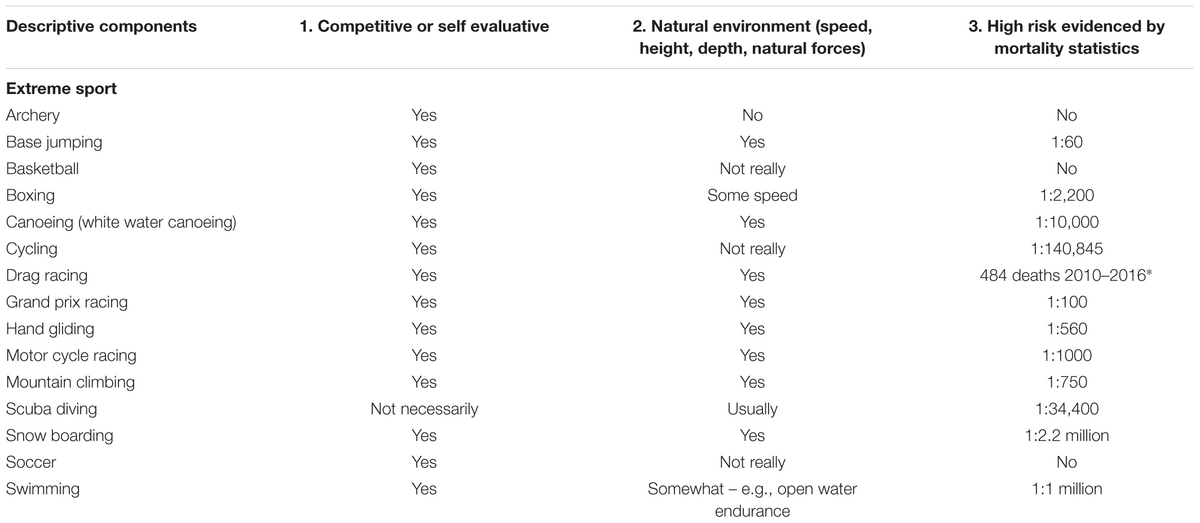Hi everyone !
I really want to find a neat way to help those who are beginning caving/ thinking of caving find it less intimidating.
Does anyone know of any good statistics ( with sources?) which represent how safe caving can be ?
For instance, I hear about how you are more likely to injure yourself horse riding than caving, but is there any evidence of this..?
I know that might be a hard question to answer, but you guys have been amazing recently!
Elise
I really want to find a neat way to help those who are beginning caving/ thinking of caving find it less intimidating.
Does anyone know of any good statistics ( with sources?) which represent how safe caving can be ?
For instance, I hear about how you are more likely to injure yourself horse riding than caving, but is there any evidence of this..?
I know that might be a hard question to answer, but you guys have been amazing recently!
Elise







